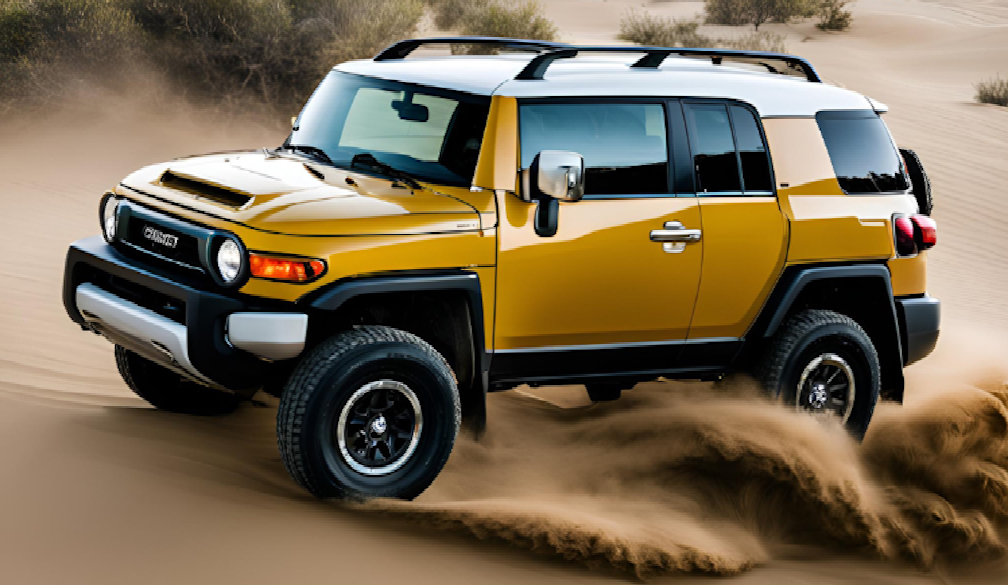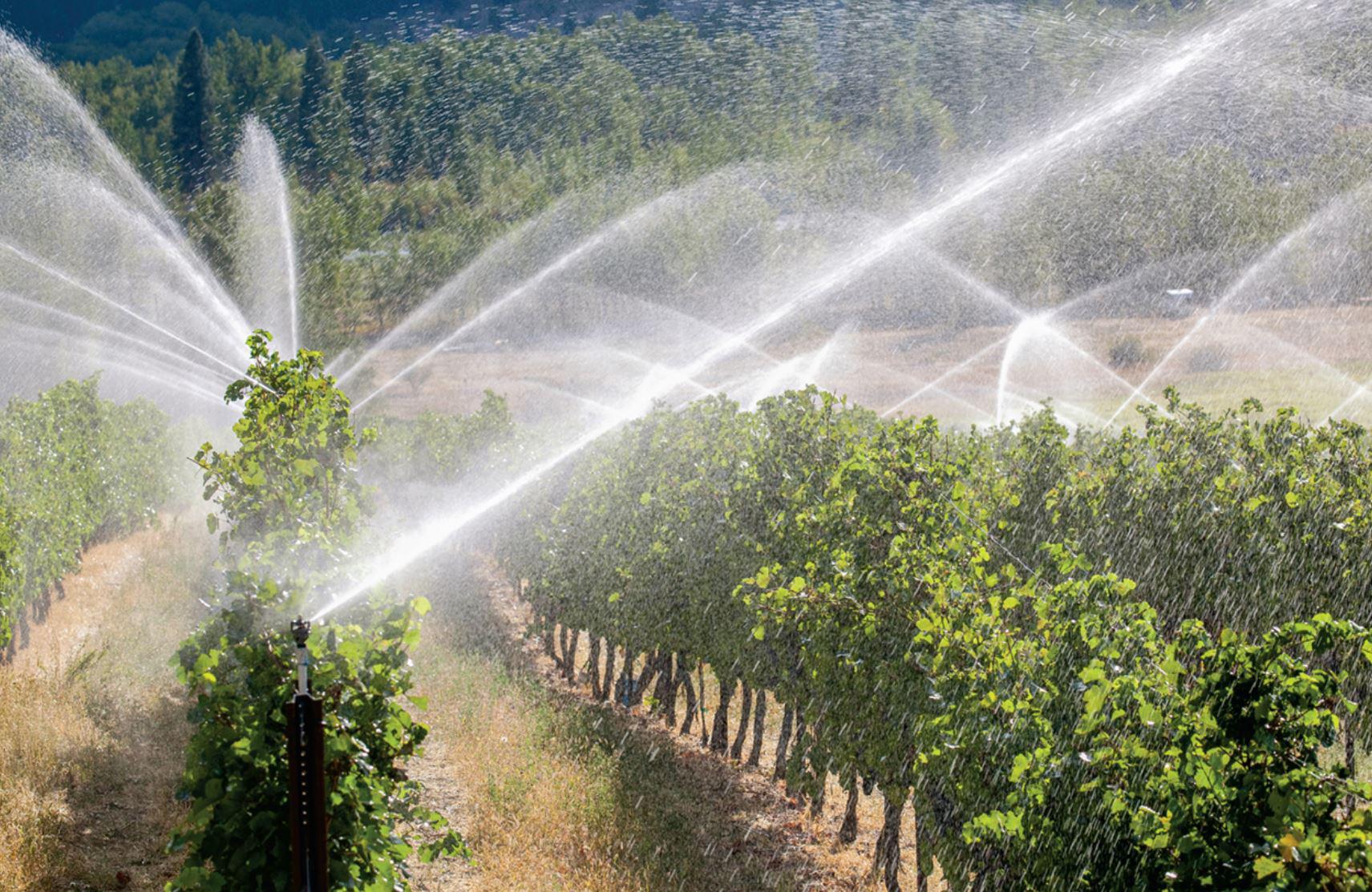Aussies, Adventures, and Airing Down: Why Tire Deflators are a Must for 4WDing Down Under
- Written by Daily Sun

Australia: a land of sunburnt landscapes, vast deserts, rugged coastlines, and ancient forests. It's a playground for outdoor enthusiasts, and for many Aussies, nothing beats the thrill of exploring this diverse terrain from the driver's seat of a trusty 4WD. But conquering these challenging landscapes requires more than just a capable vehicle - it demands an understanding of the crucial role tire pressure plays in tackling tricky terrain, especially soft sand.
The Aussie Love Affair with Nature and 4WDing
Australians have a deep-rooted connection to the outdoors. From weekend camping trips to epic cross-country expeditions, 4WDing is a national pastime that allows us to access remote and breathtaking locations that would otherwise be inaccessible.
The allure of 4WDing lies in the challenge, the freedom, and the sense of adventure it provides. Whether it's navigating sandy tracks along the coast, tackling rocky mountain trails, or traversing vast desert expanses, off-roading offers an escape from the hustle and bustle of everyday life and a chance to connect with the raw beauty of the Australian landscape.
Sand Driving: A Unique Challenge
One of the most captivating yet challenging environments for 4WD enthusiasts is sand driving. From the iconic dunes of Stockton Beach to the endless stretches of Fraser Island, Australia boasts some of the world's most spectacular sandy playgrounds. But driving on sand requires a specific set of skills and techniques, and understanding the importance of tire pressure is paramount.
The Science of Sand Driving: Why Tire Pressure Matters
- Traction and Floatation: Lowering tire pressure increases the tire's contact patch with the sand, distributing the vehicle's weight over a larger area. This reduces ground pressure, allowing the tire to "float" on top of the sand rather than dig in and get stuck.
- Improved Grip: A larger contact patch also means more of the tire's tread is engaged with the sand, improving traction and grip. This is crucial for maintaining momentum and avoiding getting bogged down in soft sand.
- Smoother Ride: Reduced tire pressure helps absorb the bumps and undulations of the sand, providing a more comfortable and controlled ride.
How Low Can You Go? Finding the Right Tire Pressure
The ideal tire pressure for sand driving depends on various factors, including your vehicle's weight, tire type and size, and the specific sand conditions.
As a general rule:
- Start with 18-20 PSI for most 4WD vehicles.
- Experiment with lower pressures in 2 PSI increments until you achieve optimal traction and floatation.
- Monitor tire temperature, as low pressure can generate more heat.
- Re-inflate your tires to their recommended pressure before returning to paved roads.
Remember, there's no one-size-fits-all answer, so be prepared to adjust your tire pressure as needed.
The Importance of Tire Deflators
Airing down your tires can be a time-consuming and tedious process, especially when you have multiple tires to adjust. That's where tire deflators come in. These handy tools quickly and accurately deflate your tires to the desired pressure, saving you time and effort.
Benefits of using tire deflators:
- Efficiency: Deflate all four tires simultaneously in minutes.
- Accuracy: Achieve precise pressure adjustments for optimal performance.
- Convenience: No more kneeling and fumbling with valve caps!
Choosing the Right Tire Deflators
When selecting tire deflators, consider factors like:
- Speed: Opt for deflators that offer fast deflation for maximum convenience.
- Accuracy: Choose deflators with clear pressure gauges or pre-set options.
- Durability: Look for robust construction that can withstand regular use in harsh conditions.
Beyond Tire Pressure: Other Tips for Sand Driving Success
While airing down is essential, there are other techniques to help you conquer the sand:
- Momentum is Key: Maintain a steady pace to avoid getting bogged down.
- Smooth Steering: Use gentle inputs to avoid digging in.
- Use 4WD: Engage 4WD for maximum traction and control.
- Carry Recovery Gear: Be prepared for the unexpected with a shovel, recovery boards, and a snatch strap.
Australia's diverse landscapes offer endless opportunities for off-road adventures, and mastering the art of sand driving is crucial for any 4WD enthusiast. Understanding the importance of tire pressure, utilizing tire deflators for efficiency, and employing proper driving techniques will help you navigate sandy terrains with confidence and enjoy the thrill of exploring the great outdoors. So, air down, gear up, and let the adventure begin!

















